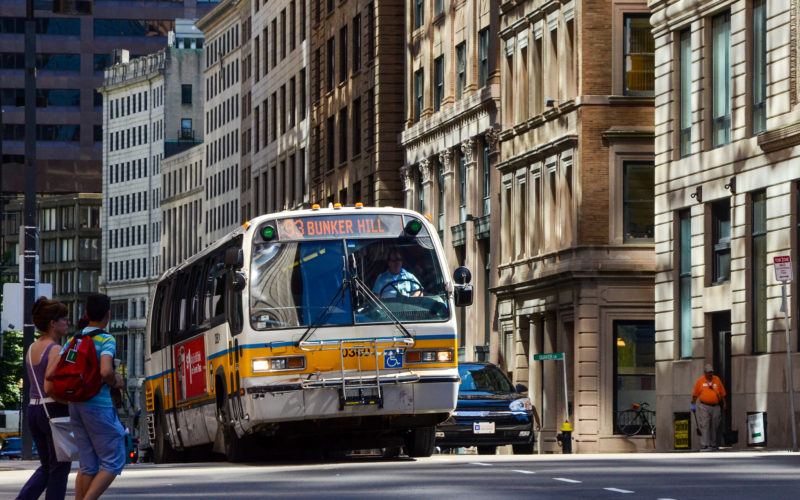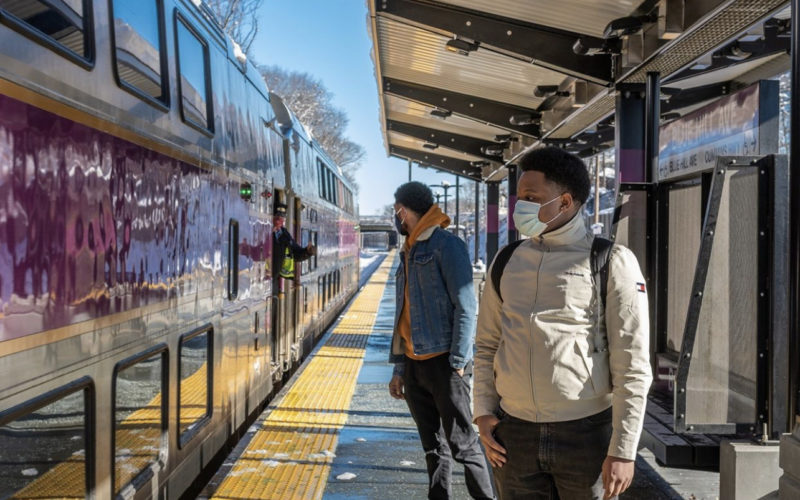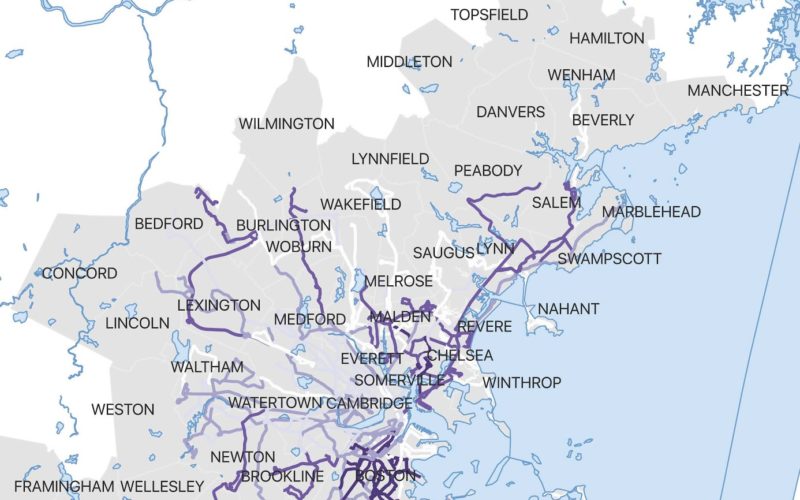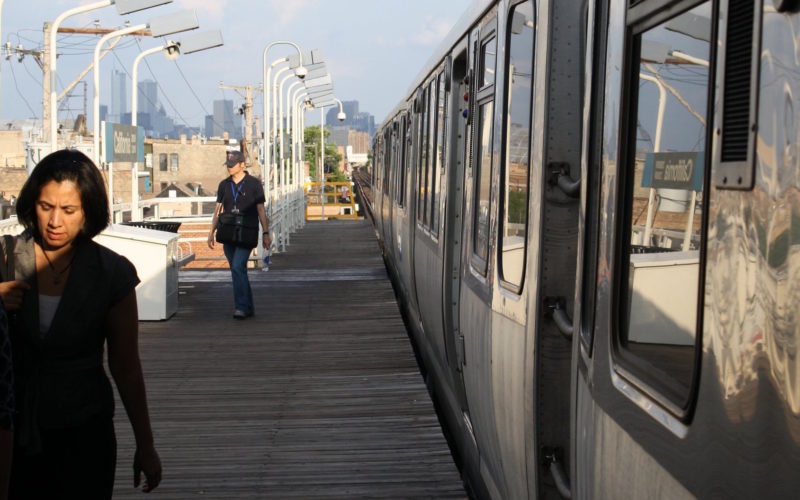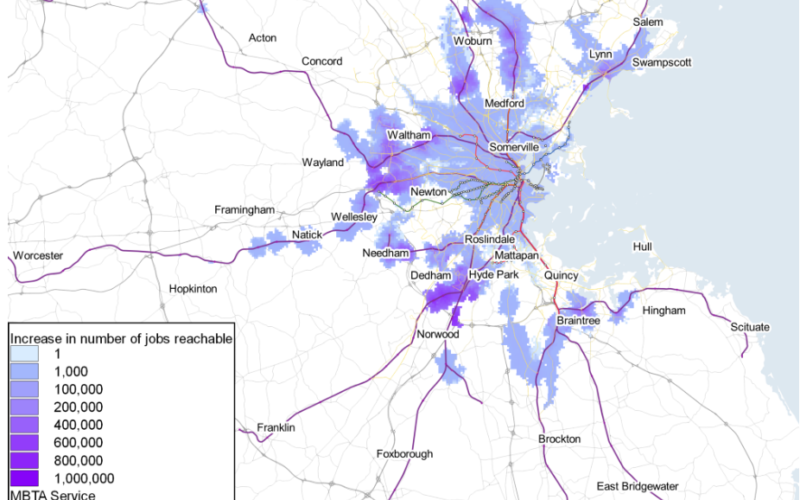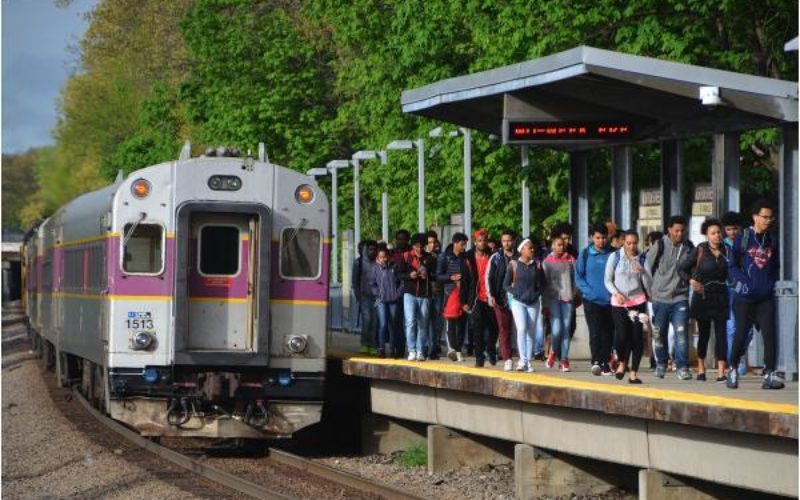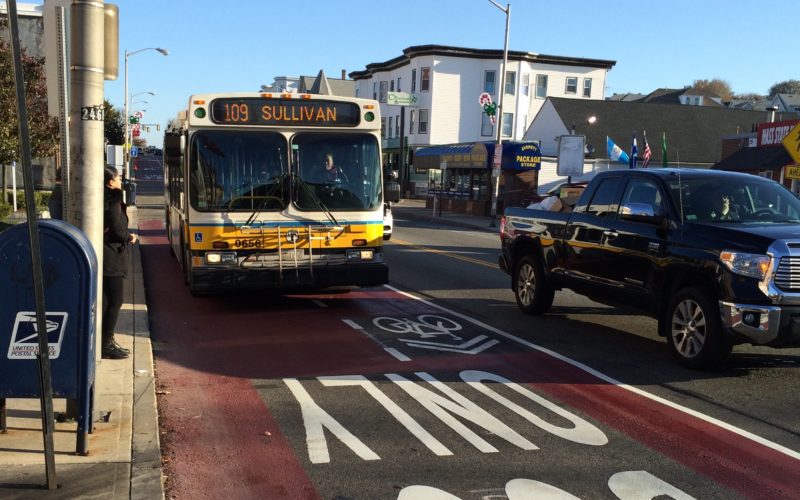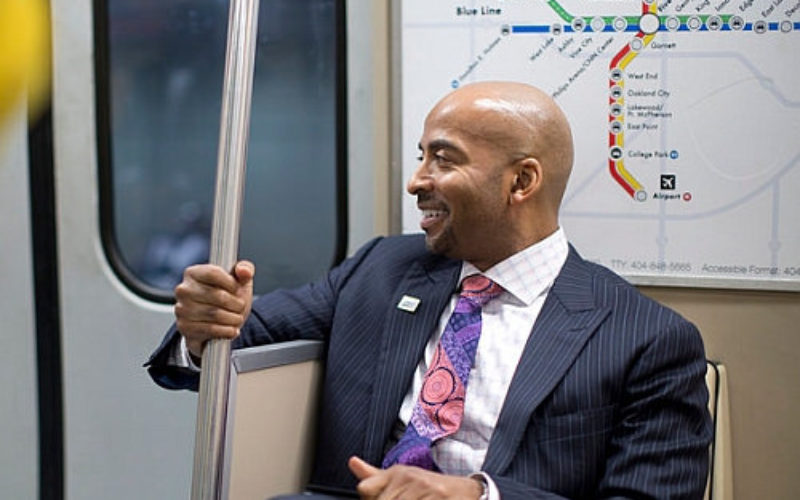The Massachusetts Bay Transportation Authority and its union, Carmen’s Local 589, reached a historic agreement to increase bus operators' starting wages from $22.21 to $30 an hour, shifting MBTA operators from the lowest paid to the highest paid in the transportation industry.
Read MoreBoston's MBTA is facing a variety of safety and staffing crises that are limiting its ability to continue to provide 100% of pre-pandemic service.
Read MoreOn April 5, the MBTA changed commuter rail schedules to better accommodate travel outside the morning and evening rush. The change is a small but significant step on the path toward full regional rail reform.
Read MoreTo meet the needs of people who have been most affected by the pandemic, agencies should go beyond the initial transition to weekend schedules and adapt service in response to shifting travel patterns.
Read MoreFor the ten U.S. regions with the most transit ridership, we estimate that CARES Act funds will cover agency shortfalls for an average of 5.4 to 8.3 months. For agencies in the rest of the country, CARES Act transit funds will last 12.6 to 20.8 months, on average.
New research shows that through fare policy, the MBTA can open up opportunities for residents in struggling neighborhoods.
Read MoreA series of debates in Boston, New York and Chicago are challenging city halls and transit operators to make commuter rail infrastructure within the city limits part of the transportation answer in both booming and struggling urban districts.
Read MoreIt’s been just over a year since Everett launched its peak-hour bus lane on Broadway, the first one in the Boston area. We sat down with Everett’s Transportation Planner Jay Monty to learn more about how his small city took the lead on transit.
Read MoreTransit's potential benefits, such as physical and social mobility and sustainability, enjoy broad support in urban America. But the U.S. transit industry has trouble talking about what it does effectively and proactively.
Read More
